The ability to turn on the tap and get hot water is a necessity in our homes, but sometimes that flow of warm water can be lacking in pressure or temperature. To ensure efficient hot water systems are installed for optimal comfort levels, it’s essential to pick the right unit.
In this blog post we’ll go over different varieties of hot water systems, how to make sure you select an ideal fit as well as ways to maximise efficiency!
Key Takeaways
- Understand different hot water systems, their lifespans and leading brands to guide decision-making.
- Assess factors such as usage needs, system efficiency and running costs for the right system.
- Regular maintenance, insulation of pipes & smart usage habits maximise efficiency & extend lifespan.
Understanding Different Hot Water Systems
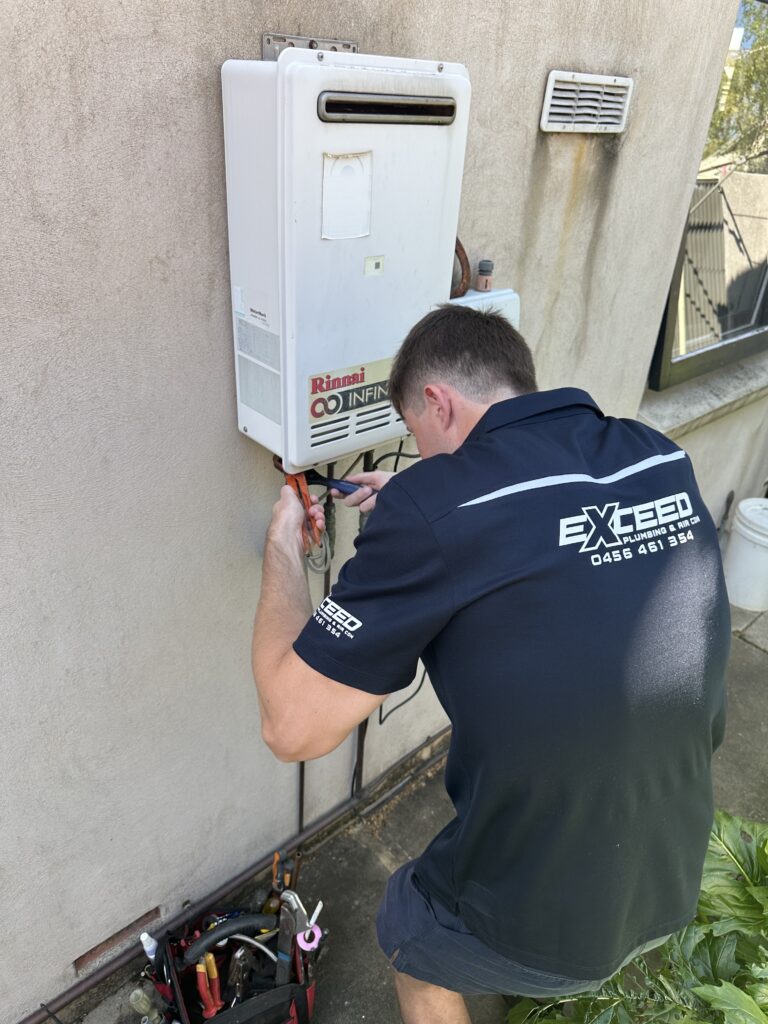
Hot water systems come in various forms, which all provide different heating sources including electric, gas and heat pump units as well as solar. Depending on the type of system installed and how well it is maintained, its lifespan can range from 8-20 years with leading brands such as Rheem or Rinnai offering hot water solutions that are perfect for each individual’s needs. To help make an informed decision, we should take a closer look at the four main types of hot water systems available to us today. Gas, Electric, heat pumps and those using solar power as their energy source.
Electric Hot Water Systems
Electric hot water systems, including electric storage tanks, are efficient and simple to install, but come with the disadvantage of higher running costs. If you don’t have access to natural gas or prefer an electrical unit for your needs, this kind of system is a good choice.
Pairing it with energy-saving methods such as off peak storage tanks and solar PV panels can help reduce expenses related to electricity bills. Electric storage hot water units provide reliable heating capability while also being cost effective. Other options available on the market today.
Gas Hot Water Systems
Gas Hot Water systems are a great option when it comes to efficiency and lower running costs. Natural gas or LPG bottles provide quick heating. Households should be mindful of the requirement for a connection in order to access these benefits.
Installing an electric system instead may require different maintenance protocols so consult your supplier if you have any queries about this particular cost factor, plus installation matters too. In terms of hot water solutions powered by fuel sources such as natural gas, they make sense given their price-efficiency ratio alongside rapid heating capabilities!
Solar Hot Water Systems
Solar hot water systems make use of the sun’s energy to heat up water, delivering a cost-saving and environmentally friendly solution. To operate them effectively, these components are needed: circulating heated liquid in a solar collector, transferring it from there into an insulated reservoir for future use, plus either gas or electrical back-up system on cloudier days when daylight levels may be lower than usual.
Installation costs can appear high at first, but if you’re looking for sustainability while accepting this investment as worthwhile, then investing in one of these systems might prove wise, and good savings through reducing energy expenses could result!
Heat Pump Systems
Heat pump hot water systems, also known as heat pump water heaters, provide an energy-efficient alternative to traditional solar water heating. This is achieved by using electricity to power the fan and compressor, which draws warmth from the surrounding air in order to generate enough heat for your hot water needs.
The advantages of opting for this type of system over other alternatives include cost savings due to its efficient use of energy along with a reduction in greenhouse gas emissions helping it become more environmentally friendly than others available on the market today. It’s important that you’re aware upfront costs are likely higher and maintenance requirements could be increased compared with some other options when considering purchasing one of these unique machines.
And if conserving both money and nature matter greatly, then what better solution than investing in a highly efficient Heat Pump Water Heating System?
Choosing the Right Hot Water System for Your Needs
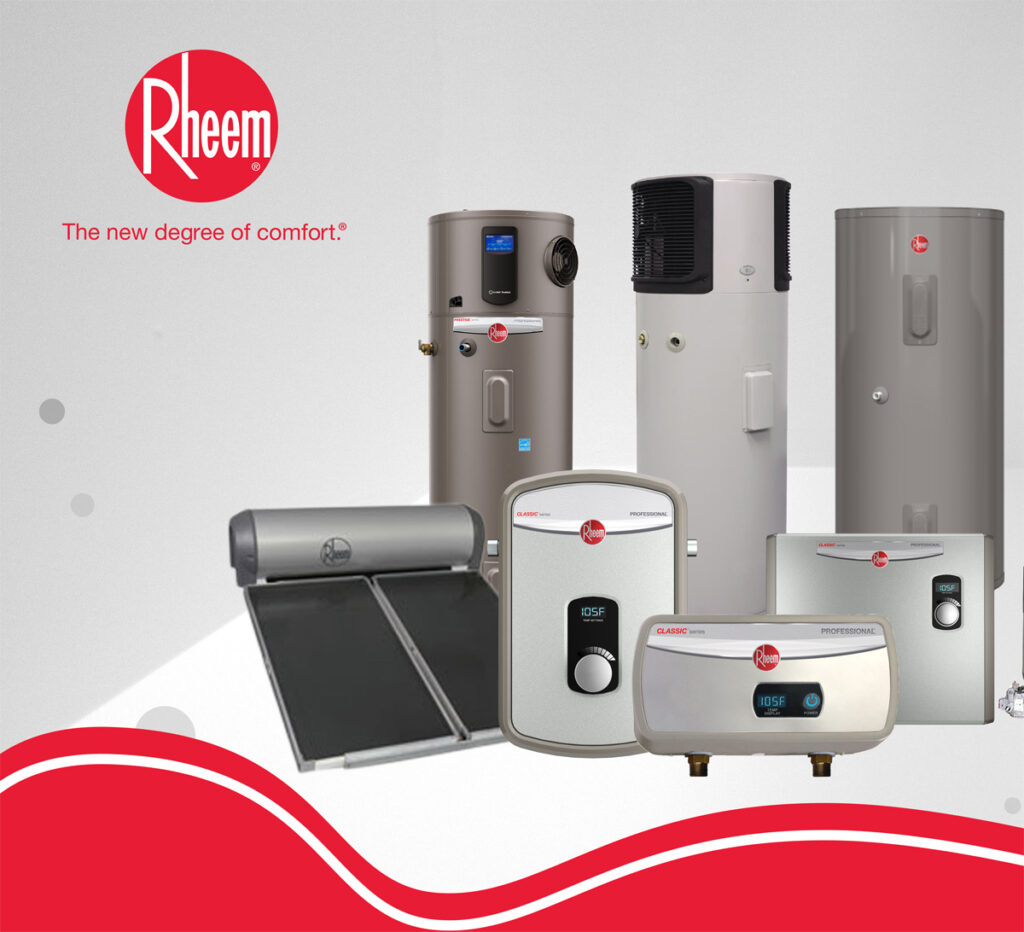
When looking for the correct hot water system to suit your requirements, various things should be taken into consideration such as: how much hot water is required, the efficiency of the system and any running costs associated with it, installation fees involved, and maintenance necessities. Analysing all these factors will enable you to make a well-informed decision on which type of heating device will best accommodate those in your household’s needs.
Next up, we’ll explore what goes into choosing an appropriate new or current hot water provisioning apparatus – its features, performance outcomes, related charges concerning installation/operation along with other considerations that could help streamline this selection process even further!
Assessing Your Hot Water Needs
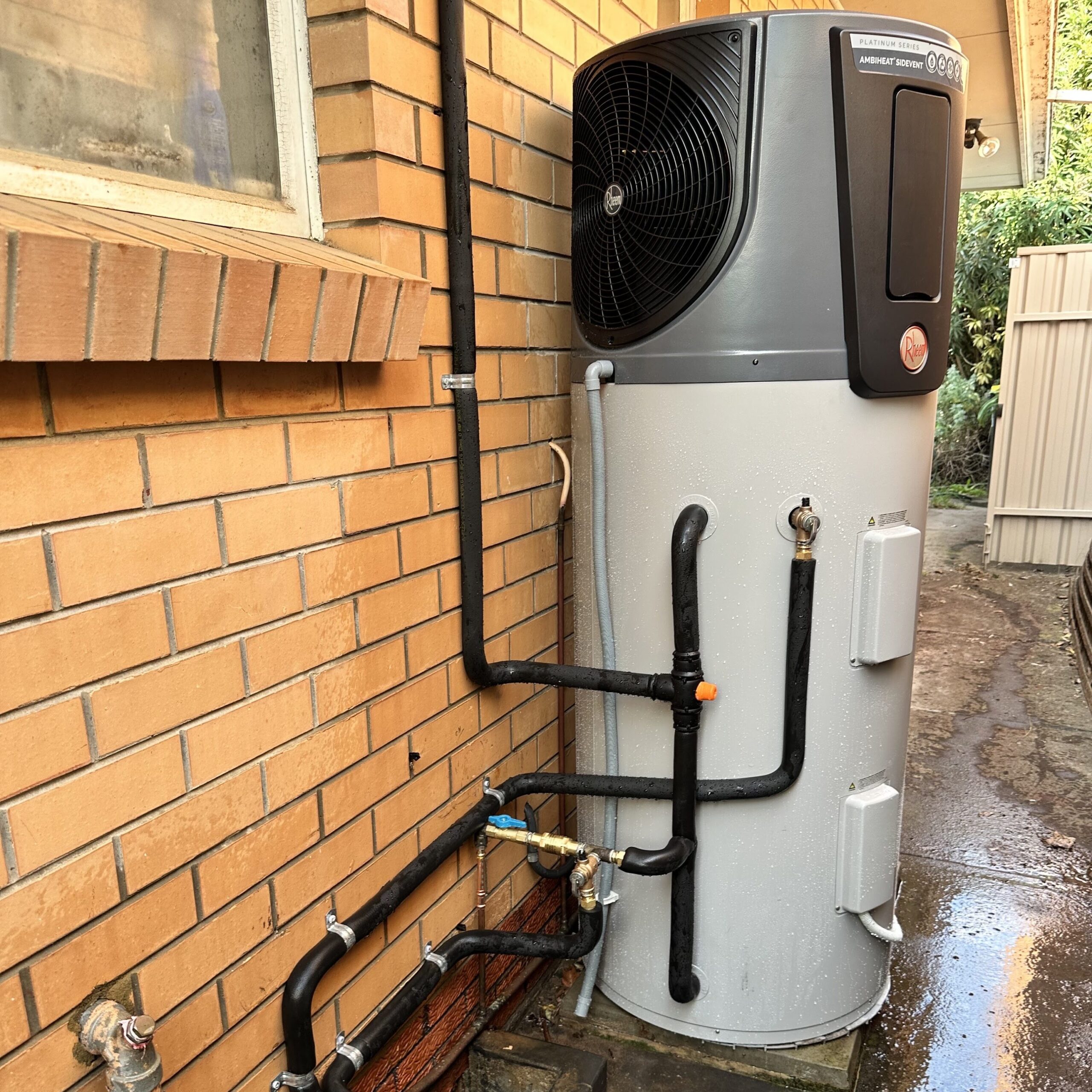
It is essential to understand your household’s hot water needs in order to pick the right system. This includes taking into account how many people are living there, what fixtures and appliances require it, as well as desired temperatures. An average person uses around 50 litres of warm water a day. This figure varies depending on usage habits.
When creating an efficient schedule for hot-water use, such factors should be taken into consideration – off peak times when demand will decrease, according to each member’s individual requirements, implementation either by timer or smart thermostat which may help regulate consumption too. With appropriate planning, you can ensure that not only your home’s desires but also operating costs are met through effective management of the heated fluid system.
Comparing System Efficiency and Running Costs
When comparing the operation and energy expenditure of different types of hot water systems, factors such as efficiency ratings, fuel prices, dimensions and initial expense should all be taken into account. Utilising online calculators or seeking advice from professionals can provide tailored guidance on which system is best for individual circumstances. For instance, depending on family size, a gas powered hot water unit may range from $215 to around $500 per annum whereas solar-powered options could result in savings up to approximately $175 against an electric set-up making it both economical and beneficial for the environment.
Considering Installation and Maintenance Factors
When selecting the right hot water system, installation and maintenance are essential factors. Electric systems have lower install costs as opposed to gas or solar which may require additional equipment. Regular servicing of both storage (gas/electric) every 6 months and continuous flow annually is recommended for a more efficient functioning system that prolongs its lifespan. By considering these aspects one can ensure their chosen solution will be an ideal fit for home use in terms of cost-effectiveness & long lasting nature over time.
Continuous Flow vs. Storage Systems
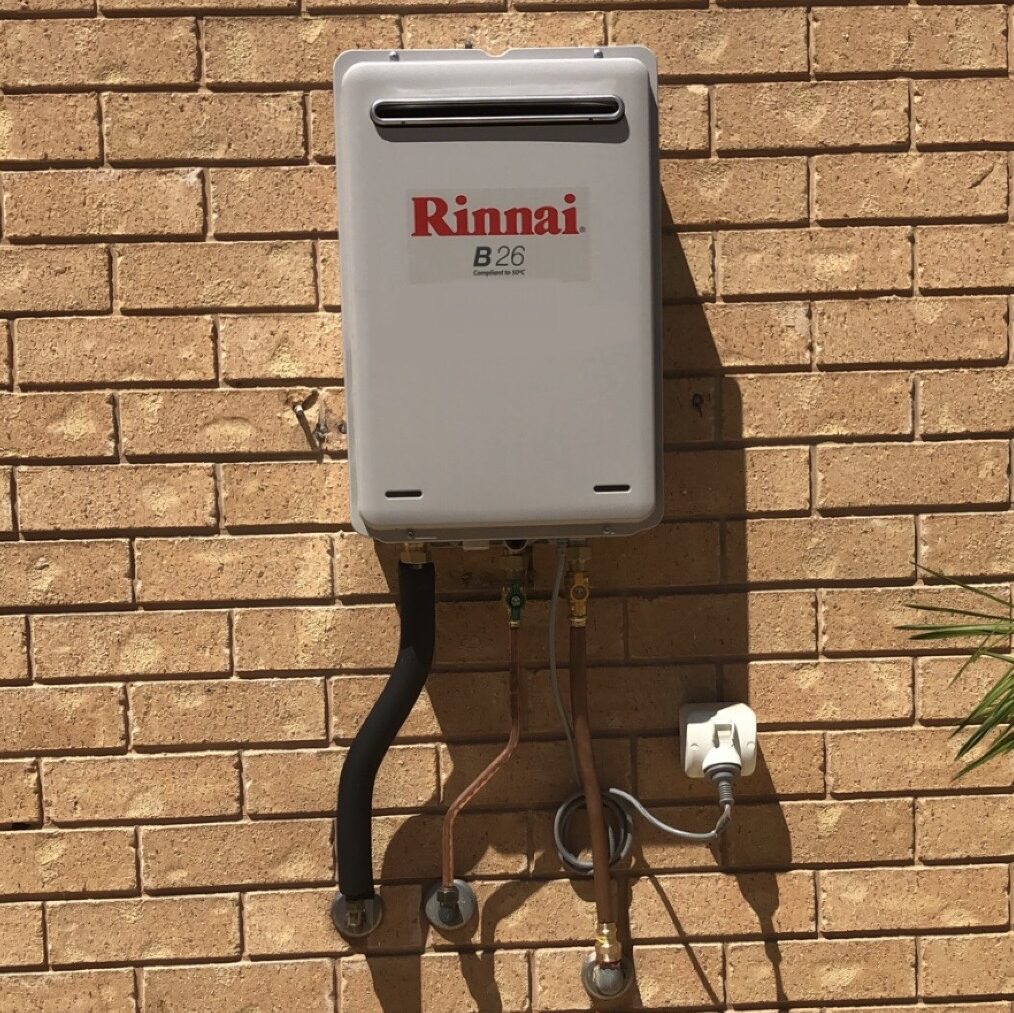
When choosing the right hot water system for your home, it is important to consider the differences between continuous flow and storage systems. There are two main types of hot water systems: continuous flow/ instantaneous and storage tank units. Each one has its own pros and cons.
For instance, an instantaneous system heats up quickly because all necessary components heat together at once whereas a tank unit provides larger amounts of heated water over time but requires more energy usage in order to keep refilling itself with fresh hot water. Ultimately, both flows provide warm water for domestic use so long as homeowners choose carefully which type best suits their needs!
Continuous Flow Systems
Hot water systems that feature continuous flow are often referred to as instantaneous. These units offer a convenient, never-ending supply of hot water with high efficiency and energy savings at the core. Not only is this type of system compact, it heats up in an economical manner on demand too, making them desirable for many homeowners who can afford their initial costs or lack thereof compared to traditional storage models. They require less space than other types of systems while still providing powerful heat capacity!
Storage Systems
Storage hot water systems are designed to heat and retain warm water in a well-insulated storage tank or cylinder. These systems can run on electric, gas, solar energy or heat pump technology, which makes them cost efficient initially but may result in higher running costs over time due to the greater use of energy required. The size and capacity of the unit you would need for your home depends largely upon how many people it will be servicing as well as their estimated daily consumption needs. If you opt for one that stores preheated liquid, then this type of system is perfect. It requires more space than other alternatives available on the market today.
Tips for Maximising Hot Water System Efficiency
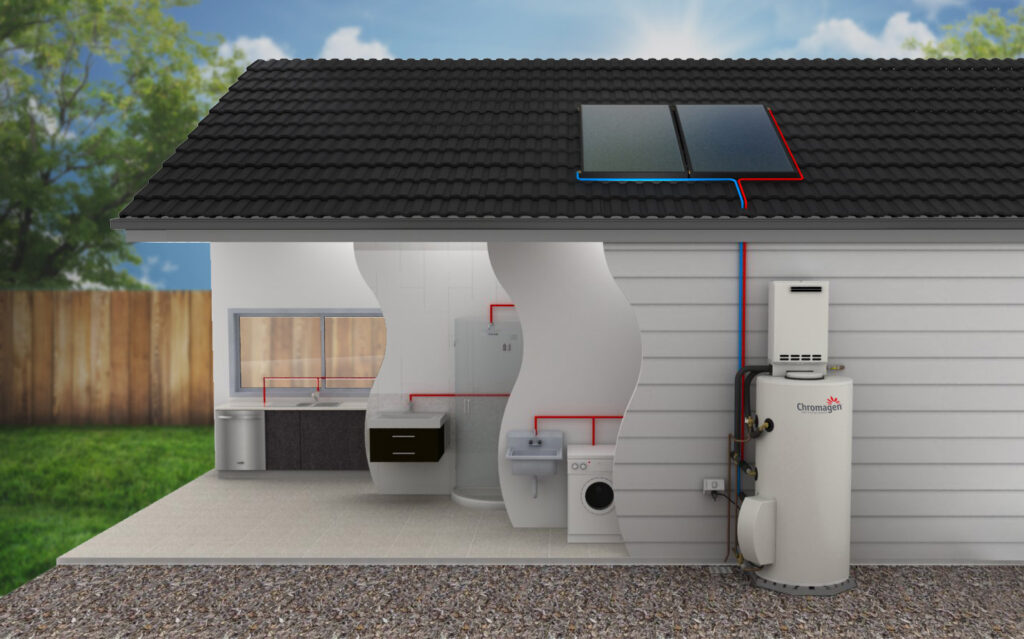
Maintaining your hot water system correctly is essential in terms of both cost-efficiency and environmental stewardship. To get the most out of it while extending its lifespan, here are some suggestions.
- Make sure you arrange for regular maintenance assessments and reviews on a scheduled basis.
- Shielding your pipes as well as other components with insulation material to prevent any heat loss would be recommended too.
- With regards to usage, employ wise practices such as having short showers or when appropriate use cold water instead of warm for laundry purposes.
Following these tips can help ensure that not only do you have an ongoing supply heated up by your hot water heater but also maximise energy efficiency overall!
Regular Maintenance and Inspections
It is essential to maintain efficient performance of your water system by scheduling regular maintenance and inspections. It’s recommended that you inspect hot water systems at least once a year for signs of corrosion, leaks or other damage. Different varieties require varying care schedules: gas storage systems should be serviced every six months while continuous flow ones need yearly attention in order to avoid problems and increase the lifespan of those electric powered parts.
Insulation and Heat Loss Prevention
To save on energy costs and reduce heat loss, insulating the hot water system as well as pipes is highly recommended. Materials that can be used for insulation include polyethylene foam sleeves, neoprene pipe lagging made from vinyl or glass wool, foil covers with denim/fibreglass blankets in order to maintain better temperatures.
If you wish to properly insulate your piping systems, these steps are a must: measure out how much of it will be needed and spiral wrap those around while making sure there’s an overlap of at least 1/2 inch. Also remember to use fasteners every meter for more secure coverage, particularly focusing near the heater area, this way improved performance efficiency is achieved overall.
Smart Usage Habits
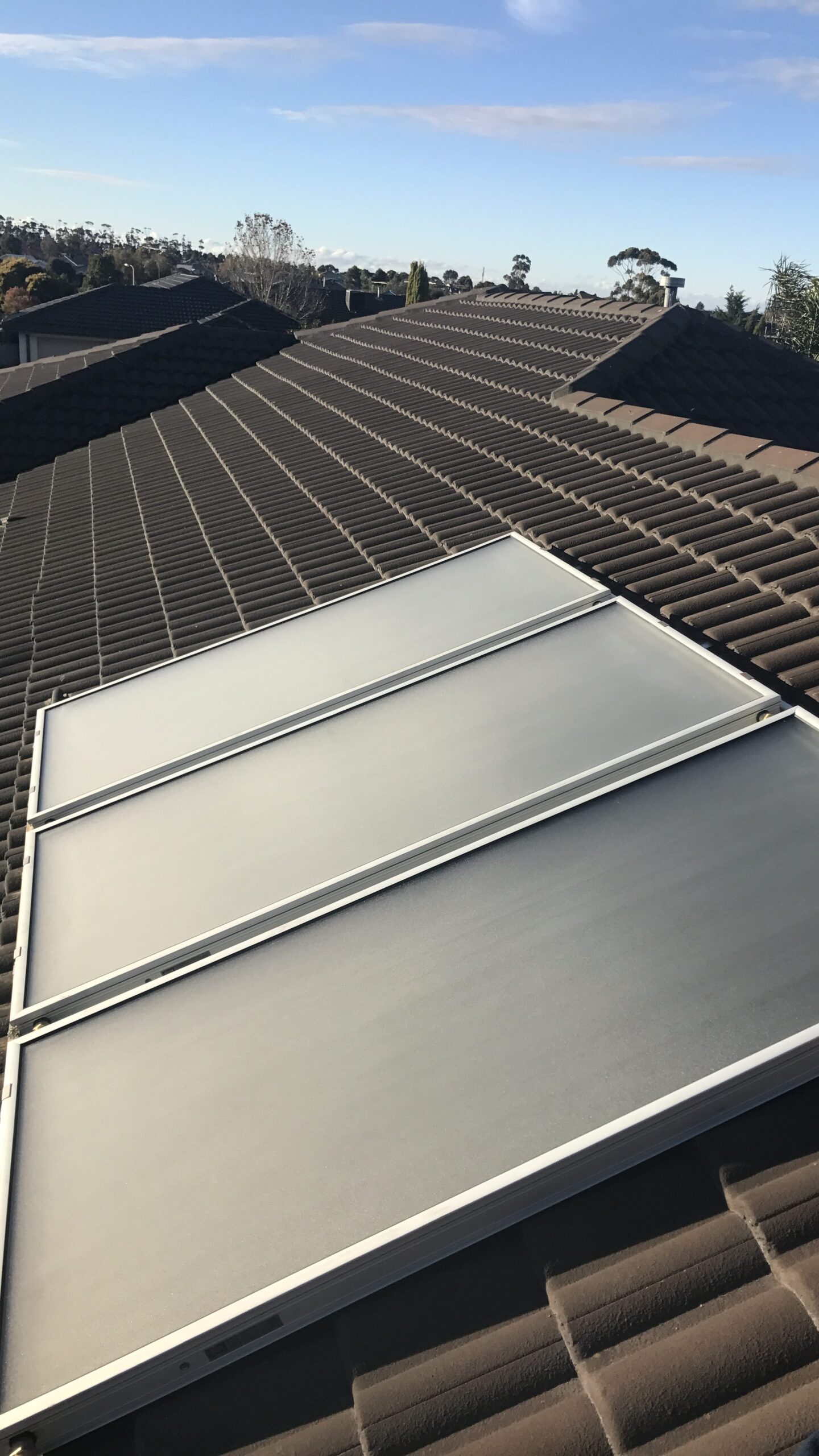
Effective conservation of hot water and maintaining an efficient system can be accomplished by establishing smart habits. Cold water should be used for laundry due to its advantages such as energy savings and protecting fabrics’ quality, while shower lengths must also be kept short. Energy-efficient appliances are a great way to reduce the consumption of hot water too. Through these practices, you’ll benefit financially as well as contribute positively towards the environment.
Creating a schedule tailored specifically for your household’s needs is essential in optimising efficiency from your hot water system – use off-peak times when using more extensively like during dishwashing or washing clothes. Adjust depending on how much usage there may need to always have sufficient available! A timer or thermostat with automated settings could come in handy here where one simply has preset timeframes which turn it all on/off automatically removing any hassle related tasks whilst conserving resources at the same time. Thus proving beneficial both economically and ecologically alike.
Hot Water System Troubleshooting and Emergency Repairs
When it comes to hot water systems, occasional breakdowns or issues may arise requiring some troubleshooting and emergency repairs. To maintain an effective and safe operation of the system, one must know how to spot common problems as well as when professional assistance is needed. In this article we are going to discuss typical difficulties associated with operating hot water units, likely DIY options for them plus when consulting a specialist like Exceed Plumbing might be beneficial.
Identifying Common Problems
Hot water systems may face several issues like blocked pipes, corrosion of components and wear-and-tear, freezing parts or leakage in heat/water transfers. Solar panel cracks or breakage can also be a problem. Electric hot water units could cause troubles such as no hot water supply, cold running from the heater, tripping safety switch with blown fuse problems while gas models tend to reduce their temperature when used continuously along with reduced flow pressure for showers accompanied by lukewarm output. A specialist’s help should be sought if these common scenarios are persistent and difficult to resolve alone – understanding each issue is key for troubleshooting purposes only.
DIY Fixes and When to Call a Specialist
Dealing with hot water system issues can often be done through DIY measures, such as by making sure the thermostats are set correctly on an electric unit or flushing out a blocked shower outlet to remove mineral buildup. It is important to know when professional help needs to be sought in order for your system’s safety and efficiency. If you feel unsure about resolving the problem yourself or deem it too complex, then calling upon specialist assistance is advisable. Replacing heating elements and servicing each year should also assist with tackling any electric problems while routine maintenance checks of both gas systems and their respective thermostat settings plus opening up a hot tap may also aid effectiveness.
Summary
It is important to be aware of the various types of hot water systems, the respective benefits and drawbacks, and what factors need to be taken into account when choosing which one works best for your home. To guarantee efficiency, cost-effectiveness and sustainability over time in regards to these systems, it is recommended that you exercise smart practices while utilising them, arrange regular maintenance visits from professionals and know when it’s appropriate to call upon experienced aid.
Frequently Asked Questions
Is a gas hot water worth it?
Gas hot water systems are more cost-effective than electric ones when it comes to energy, and they can heat up the water much faster too. Making them a great investment as their effectiveness is clear.
What are the disadvantages of a gas hot water system?
Installing a gas hot water system is more costly than setting up an electric hot water service, and can incur greater upkeep expenses as well. In the long-term, it may be even pricier to use this type of system compared with electric ones since they generate increased amounts of greenhouse gases.
What are the main types of hot water systems?
Hot water systems come in many varieties, such as electric, gas, solar and heat pumps. These systems generate hot water via various methods which can involve heating the liquid itself or transferring already-heated water.
How can I determine my household’s hot water needs?
It is important to assess the amount of people living in your household, usage patterns for hot water and any fixtures/appliances which require it in order to accurately determine how much hot water you need.
What factors should I consider when comparing the efficiency and running costs of different hot water systems?
When choosing hot water systems, one must bear in mind energy efficiency, fuel prices, system capacity, initial expenses and ecological consequences to make a knowledgeable decision. Taking all these factors into account will ensure you select the right kind of hot water system for your needs.
